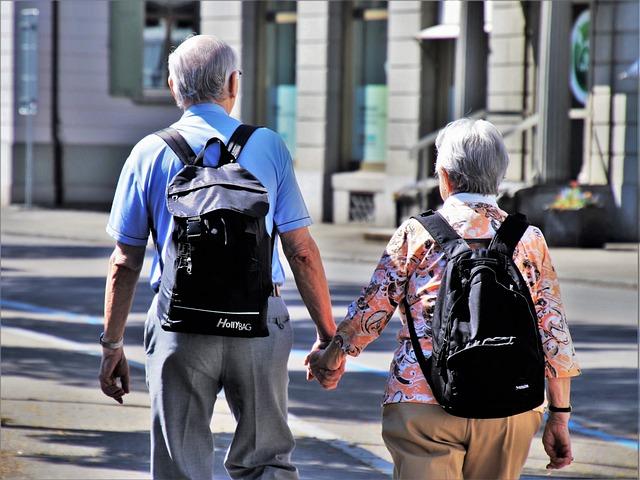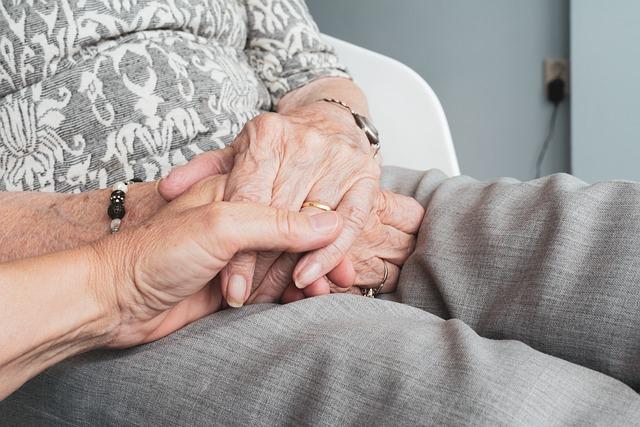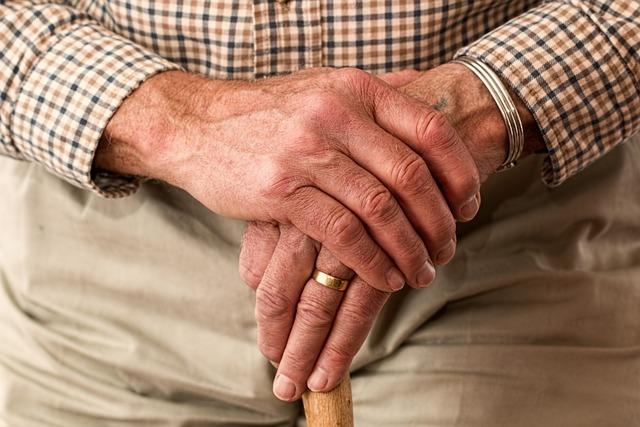As our beloved pets grow older, they become cherished family members, their gentle eyes reflecting years of companionship and unconditional love. When a senior pet undergoes surgery, it’s natural for us to feel a mix of hope and concern. Just like a seasoned gardener tending to a cherished old tree, our role in their recovery becomes crucial. This journey requires patience, tenderness, and a sprinkle of creativity. In this guide, we’ll explore heartwarming and practical ways to support your senior pet’s healing process, ensuring they return to their sprightly selves with wagging tails and purring hearts. Let’s embark on this path together, offering them the love and care they’ve given us all these years.
Creating a Cozy Recovery Space
After surgery, your senior pet deserves a haven that radiates warmth and comfort. Transform a quiet corner of your home into a sanctuary where healing can flourish. Opt for a plush bed with extra cushioning to support their tired joints, and drape a soft blanket over it for added coziness. Ensure this space is free from drafts and loud noises, providing a serene atmosphere for restful naps.
- Lighting: Soft, ambient lighting can create a calming environment.
- Temperature: Maintain a comfortable room temperature, as older pets can be sensitive to cold.
- Accessibility: Keep essentials like water, food, and any prescribed medications within easy reach.
Adding a few of their favorite toys can also offer gentle stimulation and comfort. Remember, a cozy recovery space is not just about physical comfort but also about nurturing a sense of security and love.

Nourishing Meals for Healing
After surgery, your senior pet needs extra care and attention, especially when it comes to nutrition. Providing them with nourishing meals can significantly aid in their recovery process. Opt for foods that are rich in protein and essential vitamins to support healing and boost their immune system.
- Lean Proteins: Include sources like chicken, turkey, or fish to help rebuild tissues.
- Healthy Fats: Omega-3 fatty acids from fish oil can reduce inflammation.
- Antioxidant-Rich Vegetables: Carrots and sweet potatoes are great for boosting immunity.
- Bone Broth: A warm and comforting option, rich in minerals and easy to digest.
Ensure the meals are soft and easy to chew, as your pet may have a reduced appetite or difficulty eating. Hydration is key, so keep fresh water available at all times. With the right balance of nutrients, you’ll help your furry friend bounce back stronger and healthier.

Gentle Exercise and Mobility Tips
Supporting your senior pet’s recovery journey requires patience and a gentle touch. Start with short, controlled walks around the house, ensuring they are on a non-slip surface to prevent any accidents. Gradually increase the duration as they regain strength. Keep an eye on their body language to ensure they’re comfortable and not overexerting themselves.
- Soft Stretching: Gently guide their limbs through a range of motion exercises to maintain flexibility.
- Use Supportive Harnesses: These can assist in providing balance and stability during walks.
- Engage in Interactive Play: Encourage light play with their favorite toys to keep them mentally stimulated.
- Hydrotherapy: If possible, introduce them to water-based exercises, which are easy on the joints.
Remember, each pet heals at their own pace, so adapt these tips to fit your furry friend’s unique needs. Your love and support make all the difference in their healing process.

Monitoring Progress with Love
Keeping a watchful eye on your senior pet’s recovery is an act of love and devotion. It’s essential to balance vigilance with tenderness, ensuring that your furry friend feels both safe and supported. Pay attention to their behavior, appetite, and energy levels, as these can provide valuable insights into their healing process.
- Observe Daily: Take note of any changes in mood or movement. Is your pet more lethargic than usual, or are they showing signs of discomfort?
- Gentle Check-Ins: Regularly examine the surgical site for signs of infection, such as redness or swelling. Use a soothing voice to reassure them during these checks.
- Encourage Hydration and Nutrition: Ensure they have access to fresh water and their favorite foods. Sometimes a little encouragement is all they need to maintain their strength.
By monitoring their progress with love, you’re not just overseeing their recovery—you’re nurturing their spirit, providing comfort, and strengthening the bond you share.


































